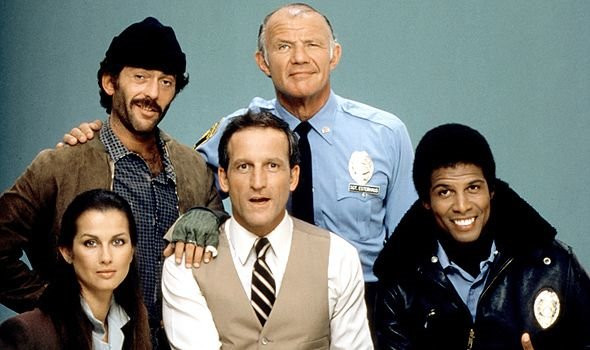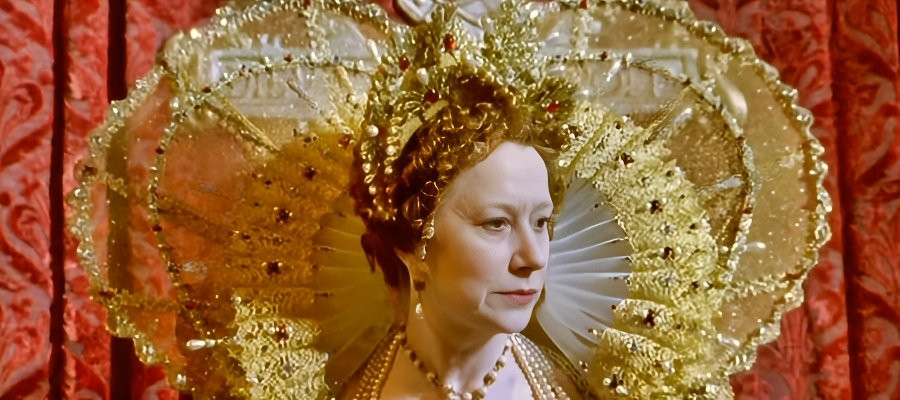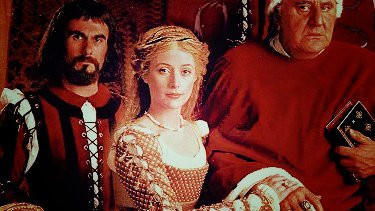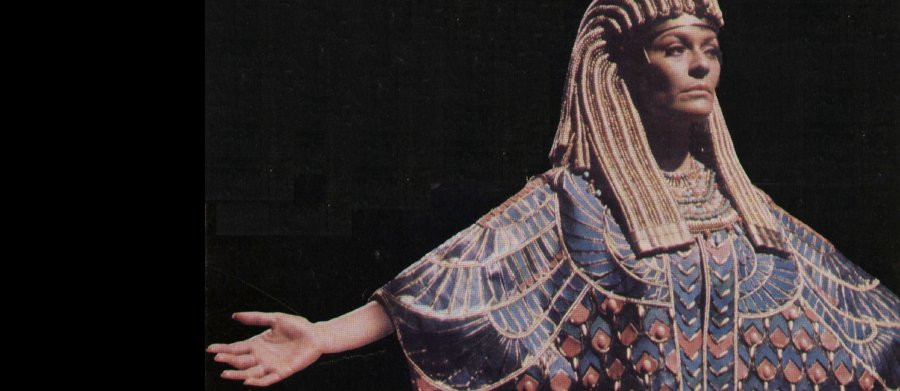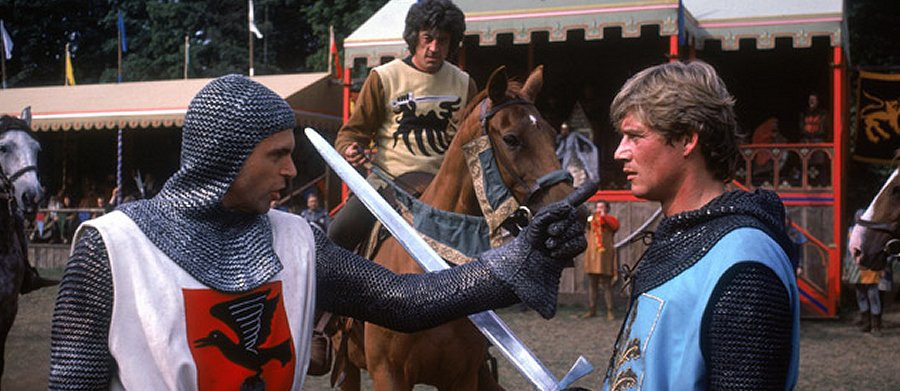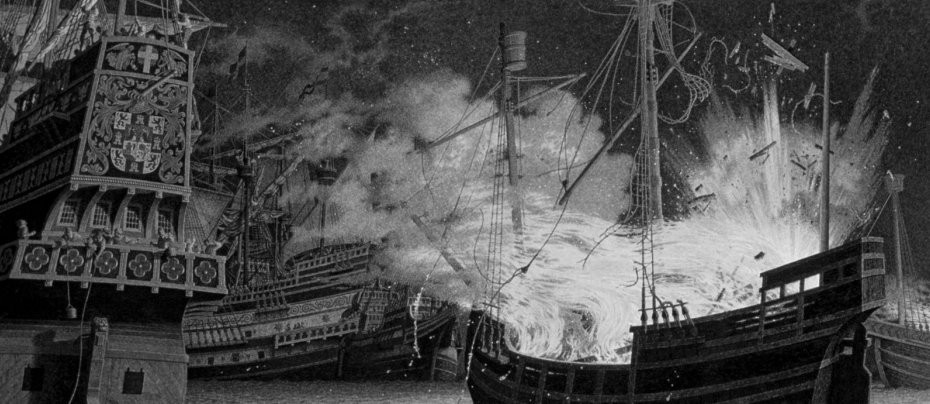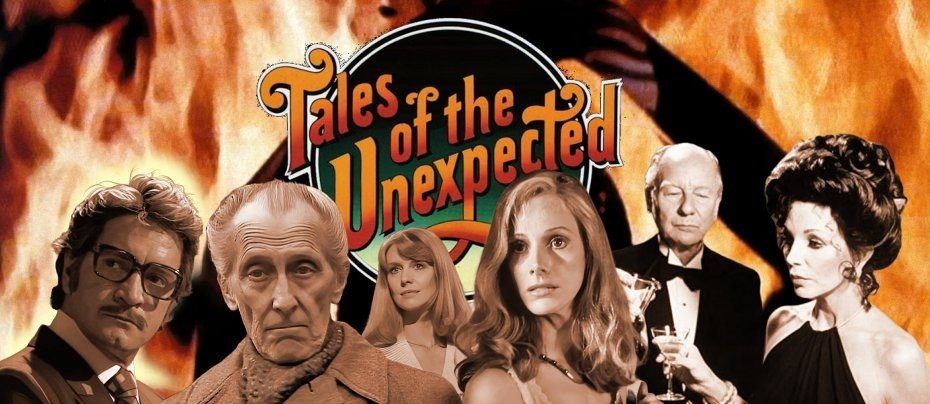
Brideshead Revisited
1981 - United KingdomAt the time it was made Brideshead Revisited was the biggest television film project attempted by any company including the BBC, who had considered it, but decided it too hard to make. There was a point where Granada must have been thinking the same.
The television adaptation of Evelyn Waugh's novel was originally conceived as a six-hour serial. In the summer of 1979, Michael Lindsay-Hogg began principal photography on the island of Gozo, where the sequences set in Morocco, Mexico, and Central America were filmed. Shortly after the cast and crew returned to England a technician's strike brought all ITV production to a halt. The cast, all on a tightly organised schedule were scattered as they had other projects lined up and by the time the strike ended, four months later, even Lindsay-Hogg was no longer available. Even in the early stages, when the company had spent £150,000, on Brideshead, Granada's founder Sidney Bernstein tried to stop it as potentially too expensive. Although he was not running Granada by then he tried to bring pressure on his nephew, Alex, to bring a halt the most expensive drama in Granada's history. But Alex stood firm and Brideshead went ahead. Following the strike shooting resumed on 5th November, 1979, under relative novice Charles Sturridge, whose previous experience had been limited to directing episodes of Strangers and Crown Court.
There had been another major development when the producer Derek Granger approached David Plowright suggesting that six hours did not do Waugh's story justice and much of it would need to be eliminated unless they expanded the production to 13 episodes. In response Plowright wrote to Granger telling him "You have proposed props for a sum only fractionally higher that that paid by George III for Buckingham Palace." Granger's response was "My dear David, there is about this piece something of a trembling phosphorence." Plowright agreed and gave the go-ahead. The greatest worry, however, was the availability of Jeremy Irons, who, due to the delay of the strike, was now about to begin shooting The French Lieutenant's Woman. Irons, not unnaturally, would not give up a prestigious opportunity and the feature film could not be delayed. But as luck would have it enough days were negotiated for Irons to return for the shoot of Brideshead to be completed.
The break in filming meant that both the location of Castle Howard and the actor Laurence Olivier, both previously unavailable, could now could be utilized. Olivier's tight schedule meant he had to start filming immediately, but his scenes had not been written yet, and Sturridge and Granger hurried to complete them so the actor would have at least a week to learn his dialogue (while John Mortimer received the writers credit for Brideshead, Valerie Grove's A Voyage Round John Mortimer revealed that his script was never used).
Brideshead Revisited is the story of Army Captain Charles Ryder (Jeremy Irons), who is stationed in the grounds of Brideshead Castle on the Marchmain Estate in Wiltshire during the final days of World War Two. It's a place he knows well having spent many happy years there as a youth. During his stay he recounts the events of his earlier life, reflecting on the passing of an era of decadence and jollity. While at Oxford University, in the 1920s, Charles had struck up a friendship with Sebastian Flyte (Anthony Andrews), the son of Lord Marchmain (Laurence Olivier), a devout Catholic. But at Oxford Sebastian disgraced himself during a drunken escapade by vomiting from the window of Charles's room. By means of an apology, Sebastian was invited (along with a moth-eaten teddy bear called Aloysious) to stay at Brideshead. Here Charles was introduced to Sebastian's loveless family who enjoyed an extravagant lifestyle under the overwhelming power of Catholicism that was exerted over the whole family. The relationship between Charles and Sebastian raised questions about their friendship, and although homosexuality was alluded to it was never overtly explored. Charles eventually moved to France where he married Celia (Jane Asher). But he was slowly drawn back into the lives of the Flyte's and later fell in love with Sebastian's sister, Julia (Diana Quick).
Brideshead Revisited was nominated for six BAFTAS and ultimately won in three categories - Best Drama Series, Best Film Sound and Best Actor for Anthony Andrews. In the USA it received two Golden Globes and an Emmy Award. The series also inspired a tourist boom in Great Britain thanks to its spectacular cinematography which showcased the beauty of Castle Howard and Tatton Park where many of the exterior scenes were shot. Today, along with The Jewel In The Crown, Brideshead is regarded as the finest example of British television.
In his book, "The Dream That Died - The Rise and Fall of ITV", Raymond Fitzwalter writes that the decision to go ahead with the project in spite of rising costs and the other problems the producers had to face could only be taken "in a stable climate with a simple management structure, with trusting colleagues possessing good judgement and common aims, evaluating problems fairly. Later all this would evaporate. "Brideshead was a unique television phenomenon that will never happen again," said (David) Plowright. "We were a company looking for something special. It caught the affection of the nation." Brideshead Revisited sold all around the world, made handsome profits and brought Granada exceptional prestige."
Seen this show? How do you rate it?
Seen this show? How do you rate it?
Published on November 30th, 2018. Review: Marc Saul 2010 Sources of reference: The Dream That Died - The Rise and Fall of ITV (2008). Various others.



